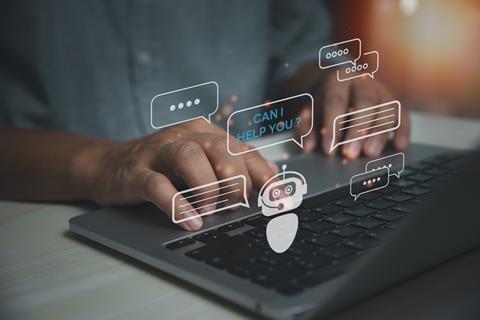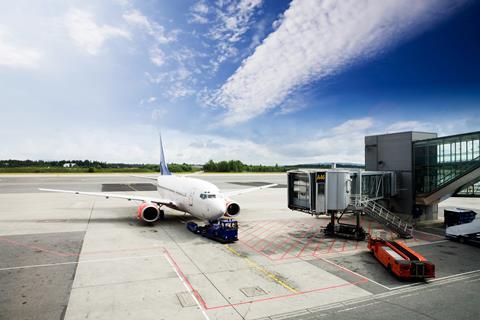Technology is in the dock and our columnist has got an itch - Grumpy Group Organiser says it how it is.

Don’t let the bed bugs bite
Don’t let the bed bugs bite. A simple, throw away line that’s delivered when putting the little ones to bed, perhaps. But apparently hotels in the UK have seen a 278% increase in levels of bed bugs in the last two years, according to data from Spotta, which is a Cambridge based AI insect monitoring company. Imagine being asked who you work for at a dinner party. They may be dull to talk to, but the good people of Spotta reckon they have a solution for hoteliers and accommodation providers so that bed bugs can be detected sharpish.
I’ll stick to the tried and tested practice of staying in decent places I know, that have been recommended and have good reviews.
According to this merry band of bug detectors, the British public is in support of getting preventative measures in place, with as many as 66% happy to pay £1 extra per night to stay in a hotel or Airbnb which has a bed bug protection promise in place. Wow, I bet these cheapskates don’t ask for extra syrup with their coffee. I’ll stick to the tried and tested practice of staying in decent places I know, that have been recommended and have good reviews. It’s surely not rocket science.
So we do need humans after all
You are browsing a web page and there it is in the corner. Someone or something is encouraging you to ‘chat’. Do you need help, it asks? The rise of these ‘chatbots’ cannot have escaped you. I spot them regularly and largely ignore them, especially when they’re called something like Gigi, Dale or Vera.

When I have attempted to ask a question, I usually get nowhere. So, what happens if a chatbot gives the wrong information and who is responsible? This very quandary was thrown in the direction of Air Canada not too long ago, which argued that its chatbot was “responsible for its own actions” after it wrongly promised a discount to a traveller that was later refused by the airline. Air Canada lost the tribunal and had to pay damages and fees. Perhaps we should all stick to humankind rather than artificial intelligence.
WFH results in VAT
Do you remember the travel chaos of the August Bank Holiday weekend last year? I do, because I was stuck on the tarmac when I should have been flying home. Yours truly was one of 750,000 passengers stranded and delayed when the system powering air traffic control shut down because of an ‘unusual flight plan’.
What did WFH cause? VAT, which in this case means ‘very angry travellers’!
The back-up system failed as well and engineers onsite from air traffic provider, NATS couldn’t fix the problem.

It turned out that the staff on call who could help were working from home. It took someone an hour and a half to reach the site because they couldn’t fix it remotely. It may have been a “one in 15 million chance” but it happened and the people responsible for a critical national infrastructure were working from home (WFH) at the time. A report from the Civil Aviation Authority was damning about the whole incident and those involved need to get their act together to make sure it doesn’t happen again. What did WFH cause? VAT, which in this case means ‘very angry travellers’!

















